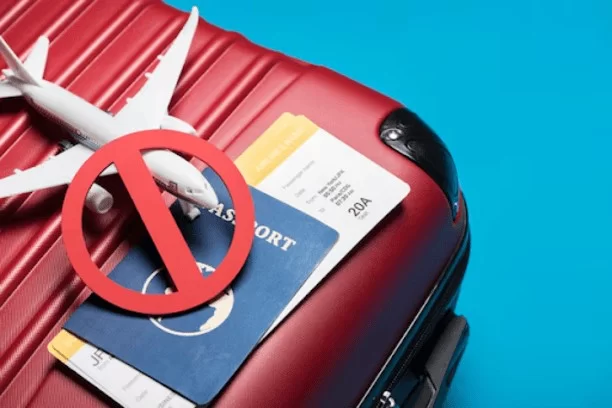

Canada removed 7,300 people in 2024, the highest number since 2015.
Canada deported more people in 2024 than in any year since 2015. Nearly 7,300 individuals were removed between January 1 and November 19, marking an 8.4% increase from 2023 and a massive 95% jump from 2022. With the final months of 2024 not yet counted, the total could rise even higher.
The Canada Border Services Agency (CBSA) ramped up deportations, focusing mainly on failed refugee claimants. Around 79% of the removals involved asylum seekers whose applications were denied. This is higher than the 75% in 2023 and 66% in 2022. Another 11% were removed for violating visa terms, while 7% were deported due to criminal records.
As of December 31, 2024, nearly 485,359 individuals were listed for potential removal. This includes over 120,000 people in Ontario, about 197,000 in Quebec, and 123,000 cases not assigned to any region. Around 30,000 individuals are actively being sought by authorities, while 21,000 cannot be deported due to legal or logistical barriers.
Canada’s government intensified immigration enforcement due to rising public concerns over housing shortages and border security. The country’s population growth, driven by temporary residents, placed heavy pressure on services. In response, the government announced plans to reduce the number of temporary residents by 2026.
Refugee claims surged in recent years, reaching 19,821 in July 2024. Although the number dropped to 11,838 by January 2025, the backlog remains high, with 278,457 pending cases. To clear the backlog, the CBSA accelerated deportations, particularly for failed asylum seekers.
The government also boosted funding for removals. In 2023-24, Canada spent C$65.8 million on deportations, up from C$56 million in 2022-23. In late 2024, another C$30.5 million was added to strengthen removal efforts over the next three years.
While the government claims the crackdown protects the asylum system’s integrity, critics warn that rushed deportations could harm vulnerable individuals. Some claimants are removed while still appealing their cases, which could put them at risk.
A refugee lawyer highlighted concerns, saying, “They could be removed even if there is significant error in the risk determination.” This raises fears that some deportees may face danger or persecution upon return.
The CBSA insists that removals are only carried out after all legal options are exhausted. However, with more deportations expected in 2025, experts worry that fast-tracked procedures could lead to mistakes.
Canada’s stricter immigration policies show no signs of easing. With more than C$30 million allocated for deportations through 2027, removals will likely continue at a high rate. The CBSA will keep prioritizing failed asylum seekers.
Meanwhile, pressure from the U.S. to secure borders could push Canada to further tighten its immigration policies. Whether this approach will ease public concerns or create more controversy remains to be seen.
Having an 'Identity Verified' badge or being 'Identity Verified' simply indicates that an individual has submitted information to complete our identity verification process or we have conducted internal verification using various authorized websites. While this process includes safeguards, it does not guarantee that the person is who they claim to be.
If you encounter any issues with this profile, please report them here. While all consultants who are verified have RCIC ID, we may not have the latest data in terms of their renewal/cancellation/discontinuation of their RCIC ID.
The "Verified Consultants" profiles are created using publicly available information, including data from the IRCC website, official consultant sites, other listing platforms, and social media. Immiperts.com is an independent platform, not affiliated with IRCC or any registered immigration consultants. To update, claim, or remove your profile, please contact us at [email protected].
╳